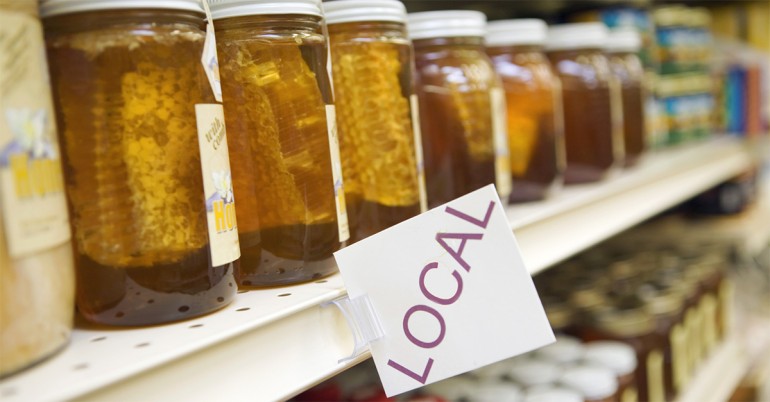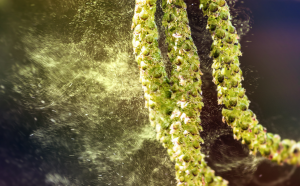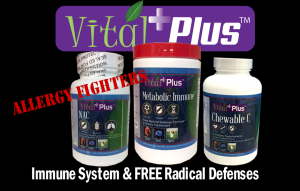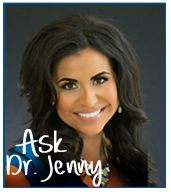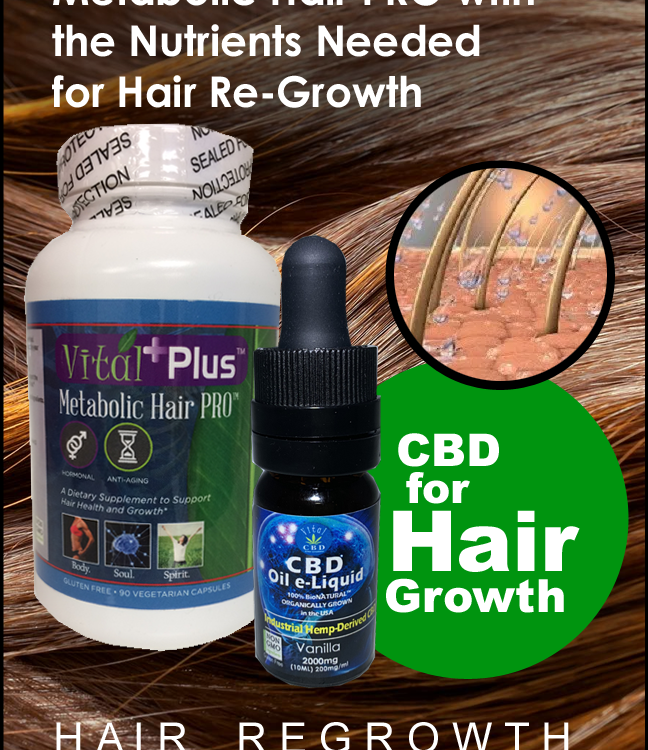ALLERGIES? How can LOCAL HONEY HELP?

9 Health Benefits of Kiwi
March 27, 2017
Foods to Boost Male Health
March 31, 2017ALLERGIES? How can LOCAL HONEY HELP?
Did you know that your local honey (containing pollen) can help with your allergies?
When a person eats local honey, they are thought to be ingesting local pollen. Over time, a person may become less-sensitive to this pollen. As a result, they may experience fewer seasonal allergy symptoms. It’s true that bees pollinate flowers and make honey.
THE RAW TRUTH – The honey needs to say that it is raw or ask your farmer directly. Honey that is raw will still contain all the living enzymes needed to protect your body from a histamine overdose. There isn’t a magic number of miles within which you must purchase your honey. Any raw honey that is harvested nearby where the same sort of plants blooming at roughly the same time can be considered local.
Seasonal Honey – If you have fall allergies, you need to use raw, local honey that is harvested in the fall. If you purchase raw, local honey that was harvested in the spring, you will still enjoy some honey and get some health benefits. You will not, however benefit from the allergy prevention because the pollens to which you are allergic will not be found in this honey.
FIND YOUR HONEY … NATIONAL HONEY BOARD – Suppliers by State:
https://www.honey.com/honey-locator/
March is the apex of tree pollinating time in South Florida. Believe it or not, the first trees in South Florida start pollinating in December while other varieties don’t until April or May. We think of pollen as that yellow powder usually found on the windshield that reminds us of spring and blooming flowers. However the pollen that causes allergies is much smaller. Although invisible to the eye, it causes major discomfort to the eyes, nose and throats. That is one of the reasons that knowing the daily pollen count is paramount for anybody suffering of environmental allergies, particularly in the early morning hours.
Symptoms. Watery and swollen eyes, runny nose, sneezing, itchy throat…this is commonly known as hay fever, or as our doctors prefer to call it – seasonal allergic rhinitis. In some cases, these can develop into more serious asthma symptoms such as: coughing, wheezing and trouble breathing.
Prevention is key and can help pollen allergy patients minimize exposure. Spring blooming plants and grasses are often culprits. Knowing which plants in your vicinity produce more pollen than others is essential. Before stepping out of the house, make sure to check the daily pollen count at www.florida-allergy.com.
People who have a hereditary history of asthma or eczema also tend to be more susceptible to hay fever. Symptoms often include sneezing, wheezing, scratchy or sore throat, itchy and watery eyes, runny nose, fatigue, trouble sleeping and congestion, which are many times confused for a regular cold. Antihistamines and decongestants, which can sometimes cause side effects, are effective in treating some mild cases, but anyone experiencing pollen allergies should visit his or her physician for diagnosis and seek treatment from an allergy specialist.
Pollen is a powder containing microscopic parts of plant seeds. Plants use pollen from their flowers to fertilize themselves. The pollen is transferred from the flower of one plant to the other by insects and through the wind, which often travels great distances, making it easily inhalable through the nasal passages.
POLLEN FACTS
To “break the spell” of the pollen as primary culprit of a variety of allergy related cases, let’s see some of its positive qualities. Scientifically speaking, it relates to numerous terms: coarse powder, gametes, stamens and pistils, flowers, tube, spores and pollination to say the most pronounceable.
PROTEIN
Pollen associates to bees and the production of honey. When the plants bloom in the spring, the pollen of the flower is the best source of protein for the baby bees. So yes indeed, pollen is a good provider.
POLLINIZER vs. POLLINATOR
The concept of the Pollinizer and the Pollinator is very bucolic. The first is the bee and the latter is the plant. The bee collects and distributes the pollen facilitating the process of reproduction, a more technically terminology called cross pollination. We may imagine pollen as a step to procreation.
POLLEN BASKET
Honey bees, orchid bees, sting-less bees, bumblebees they all have the pollen basket. After a series of mechanic movements and the help of a long protruding tongue, the bees push the pollen and the spores collected around their body while flying through the flowers into the basket. At the end of one of their “trip”, their basket looks like one of those old fashioned picnic ones decorated with fringed gingham fabric.
ALLERGY SEASON
To isolate pollen as the cause of allergy symptoms such as wheezing, watery eyes and itchy nose, brings joy to any Allergist. Adults and children under immunotherapy treatment are more likely to keep episodes under control. Spring has officially begun and with it over 30 million people started experiencing seasonal Rhinitis.
http://florida-allergy.com/tag/seasonal-allergies/
The allergy article, lets talk about local organic raw honey for allergie relief, and also my chewable vitamin C on top of the NAC and metabolic immune.
Fight Allergies Naturally
This time of year many allergy sufferers are asking Dr. Jenny … “What can I do about my Allergies”? Here are 3 Immune System and FREE Radical Defenses. They provide antioxidant protection against free radicals and supports the immune system among many other benefits … LEARN MORE/PURCHASE.
http://www.agevitalwellness.com/allergy-free/
 Our Online Superstore carries everything you need, including organic honey. Make sure you’re getting the nutrients you need! Head on over and be confident that you are ordering the very best! Order Now!
Our Online Superstore carries everything you need, including organic honey. Make sure you’re getting the nutrients you need! Head on over and be confident that you are ordering the very best! Order Now!
*Results may vary. Information and statements made are for education purposes and are not intended to replace the advice of your doctor. The views and nutritional advice expressed by AgeVital Pharmacy are not intended to substitute for medical service. If you have a severe medical condition or health concern, see your physician or give us a call and schedule a consultation with one of our providers. ©AgeVital Pharmacy
